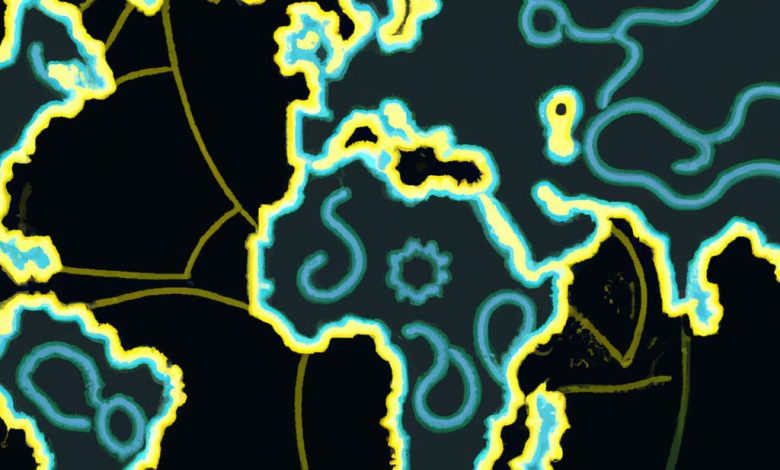
Table of Contents
Overview of the Internet Ransomware Scam
Ransomware scams have been evident on major browsers including Internet Explorer, Google Chrome, Mozilla Firefox, and Safari. These scams often include messages that tell users that access to their computer was denied due to a violation such as the detection of pirated music files. The cybercriminals behind these scams often misuse authoritative names like the FBI, AKM, SABAM, GVU, PRS and more to add a false level of legitimacy to their scams.
Detailed Mode of Operation
The primary aim of the cybercriminal is to lure unsuspecting users to pay a fine for supposedly detected infringements. They might ask the user to pay the fine using certain online methods, such as Paysafecard, with a promise of unlocking their browsers after payment.
Stage of Development and Impact
While it is clear that this type of ransomware can have a significant impact on a user's browsing experience, it's stage of development and sophistication isn't entirely clear. Unlike some other types of ransomware, these scams do not appear to block the browser using JavaScript.
Detection and Action towards the Scam
The internet ransomware scam is often detectable due to the clear signs it presents, such as persistent pop-up messages and unauthorized use of official entities' names. It is important to be aware that the scam does not use rogue JavaScripts to block browsers or tabs.
Recommended Actions for Victims
Anyone who comes across the scam is strongly advised to ignore the fake pop-up messages. Instead of complying with the instructions provided by the scammers, it is best to promptly close the internet browser. This action in itself does not guarantee that your computer is safe nor that the threat has been eliminated.
Additional Steps for Safety
As a more substantial action, it is recommended to scan computers for possible malware infections. This is a step in ensuring that any stealthily installed malware or potentially unwanted program is detected and removed.
Method of Operation
The "Access to your computer was denied" browser privacy virus operates under the guise of conducting a legitimacy scan on a user's device, an action that is meant to scare the user into compliance.
Fake Scan Procedure
The scam initiates a fake scan on the user's computer, specifically inspecting for pirated copies of music files. During this mock scanning process, the scam successfully mimics the appearance and operations of legitimate scanning software.
Imitation of Detection Results
Once the false scan is completed, the scam then pretends to have detected a number of illegally downloaded music files. This is a fictitious claim, but it helps to heighten the legitimacy of the scam and further scare the victim into believing they are at risk of being sanctioned.
The Scam Demand
Following the display of false detection results, the scam proceeds to demand either $100 or 100 Euros as a fine for the supposed copyright infringement. It threatens that non-compliance would result in a criminal case being filed against the user, thus pressuring the victim to comply and mistakenly pay the fraudulent fine.
Targeted Countries
Research into the "Access to your computer was denied" browser privacy virus has found that it is localized in various countries around the world. The deceitful messages it presents to victims are not one-size-fits-all and can vary based on their location.
Localized Scam in Multiple Countries
The scam has been found to be localized in 13 specific countries. The tailored approach taken by the perpetrators of this scam highlight the lengths they are willing to go in order to swindle their victims.
Variety of Messages for Different Countries
The messages that the scam uses to trick and scare its victims are modified according to the country. This strategy is used to make the messages appear more convincing and scary to the users. The countries that have been observed to be affected include the United States, Belgium, Austria, Germany, Switzerland, Great Britain, Spain, Italy, Greece, Portugal, the Netherlands, Sweden, and others.




